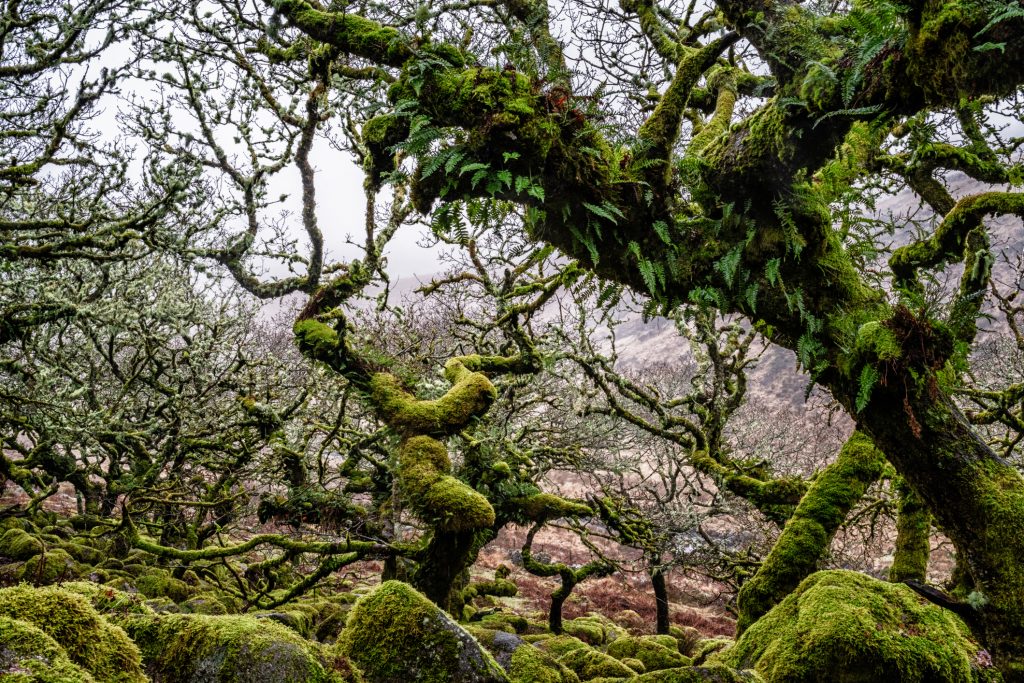Nestled amidst the picturesque landscapes of southwest England, Bristol serves as a vibrant urban oasis bordered by lush greenery and cradled by the meandering Avon River. Yet, amid the bustling streets and bustling commerce, lies a growing awareness of the need to reconnect with nature and restore ecological balance. Enter rewilding conservation projects—bold initiatives aimed at revitalizing natural habitats, reintroducing native species, and rekindling the intricate tapestry of life. In this exploration, we delve into the importance of rewilding conservation projects in Bristol, highlighting their benefits for biodiversity, ecosystem services, and community well-being.

Bristol’s Ecological Tapestry: A Call to Rewilding: Bristol, like many urban centers, bears the scars of human development, with fragmented habitats, diminished biodiversity, and degraded ecosystems serving as poignant reminders of our species’ impact on the natural world. However, amid these challenges lies a beacon of hope: the potential for rewilding to heal and rejuvenate the landscape. From the banks of the Avon River to the sprawling green spaces of Ashton Court Estate, Bristol offers a canvas upon which rewilding conservation projects can flourish, restoring balance to both urban and peri-urban environments.
Biodiversity Revival: Restoring Nature’s Symphony: At the heart of rewilding conservation projects in Bristol lies a commitment to biodiversity revival—a concerted effort to reassemble the intricate mosaic of life that once thrived in these landscapes. By restoring native habitats such as woodlands, wetlands, and grasslands, rewilding initiatives create havens for a diverse array of flora and fauna, from rare orchids to elusive otters. Moreover, through the reintroduction of keystone species such as beavers and birds of prey, these projects catalyze cascading ecological effects, fostering resilience and stability within ecosystems. In doing so, rewilding not only preserves biodiversity but also reawakens the symphony of nature, enriching the lives of both human and non-human inhabitants alike.
Ecosystem Services: Nature’s Invisible Gifts: Beyond their intrinsic value, rewilding conservation projects in Bristol yield a multitude of ecosystem services—nature’s invisible gifts that sustain life and underpin human well-being. From purifying air and water to regulating climate and mitigating flooding, healthy ecosystems provide essential services upon which society depends. Rewilding initiatives enhance these services by restoring natural processes and ecological functions, such as carbon sequestration, soil formation, and pollination. In doing so, they enhance the resilience of communities, reduce vulnerability to environmental hazards, and foster a more sustainable relationship between humans and the natural world.
Urban Wilderness: Nurturing Connection and Well-Being: In an era characterized by urbanization and disconnection from nature, rewilding conservation projects offer a powerful antidote—an invitation to rediscover the wild within our midst. By creating pockets of wilderness within urban landscapes, these initiatives provide sanctuaries for reflection, recreation, and rejuvenation. From community orchards and wildflower meadows to green corridors and wildlife-friendly gardens, Bristol’s rewilding projects invite residents and visitors alike to engage with nature in meaningful ways. Moreover, by fostering a sense of stewardship and belonging, rewilding initiatives strengthen social cohesion and collective well-being, nurturing a shared commitment to the preservation of the natural world.
Education and Engagement: Cultivating Environmental Literacy: Central to the success of rewilding conservation projects in Bristol is the cultivation of environmental literacy and engagement among local communities. Through outreach programs, citizen science initiatives, and experiential learning opportunities, these projects empower residents to become active stewards of their surroundings. By fostering a deeper understanding of ecological principles and the importance of biodiversity conservation, rewilding initiatives inspire individuals to take meaningful action to protect and restore the natural world. Furthermore, by fostering partnerships between government agencies, non-profit organizations, and educational institutions, rewilding projects leverage collective expertise and resources to maximize their impact and ensure long-term sustainability.
In the verdant landscapes of Bristol, rewilding conservation projects serve as beacons of hope and resilience, heralding a new era of ecological restoration and regeneration. From the reclamation of urban wastelands to the revival of ancient woodlands, these initiatives embody the transformative power of nature to heal, inspire, and connect. As Bristolians embrace the call of the wild and rally behind rewilding efforts, they sow the seeds of a more vibrant, resilient future—for themselves, for future generations, and for the intricate web of life that sustains us all.